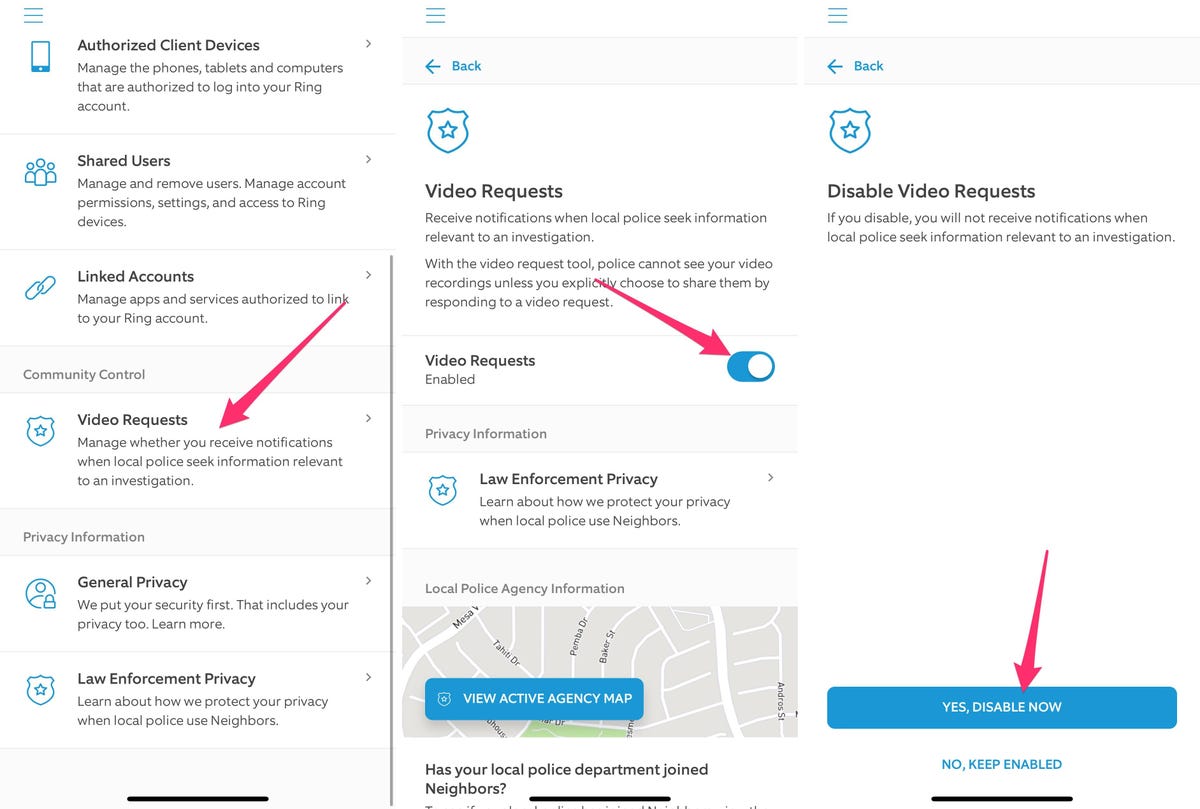So, I stumbled upon this thing called “ringpolice” and figured, why not give it a shot? I’m always up for trying new tools, especially if they promise to make my coding life easier.

First things first, I had to get this thing installed. I followed the instructions, which, thankfully, weren’t too complicated. Basically, I grabbed the package and ran the installation command. It took a few minutes, with some progress bars doing their thing on my screen. Pretty standard stuff.
Getting Started
Once it was installed, I opened up a project I’ve been working on – a messy one, I admit. It’s got code all over the place, different styles, you name it. Perfect test subject for “ringpolice,” I thought.
I typed in the command to run “ringpolice” on my project. I honestly didn’t know what to expect. Would it yell at me? Would it magically fix everything? I hit enter and waited.
The Results
The terminal started spitting out lines of text. Lots of them. It was pointing out all sorts of inconsistencies in my code – spacing issues, naming problems, you know, the usual suspects. Some of it I knew was bad, some of it I didn’t even realize was a problem!
I am using commond like this:ringpolice -fix ./...

to fix these problems.
It felt like having a super strict code reviewer looking over my shoulder. A bit annoying at first, but I gotta admit, my code did start to look cleaner. Line by line, “ringpolice” highlighted the issues and, in some cases, even suggested fixes. I spent a good chunk of time going through the reports, fixing the problems it found.
The Verdict
After all that, my project was definitely in better shape. “ringpolice” didn’t do all the work for me, I still had to put in the effort to fix things. But it did a great job of showing me where the problems were and helping me enforce some * I fixed those problems.
Would I use it again? Yeah, probably. It’s not a magic wand, but it’s a useful tool for keeping your code tidy. And hey, anything that helps me avoid those embarrassing code review comments is a win in my book!
